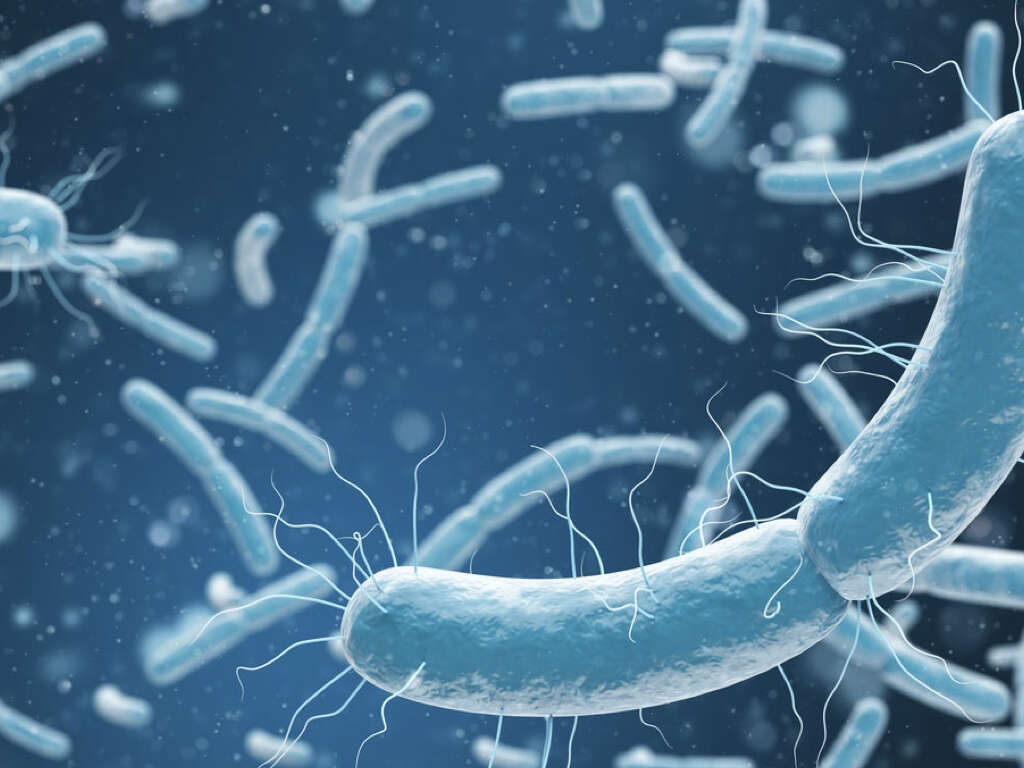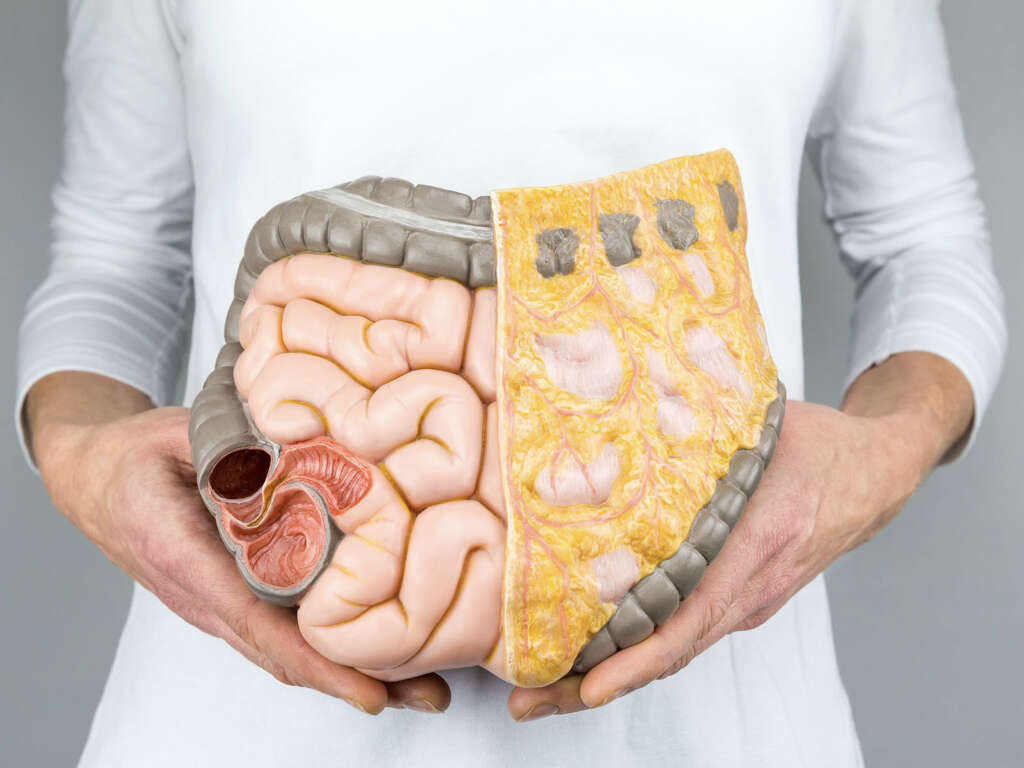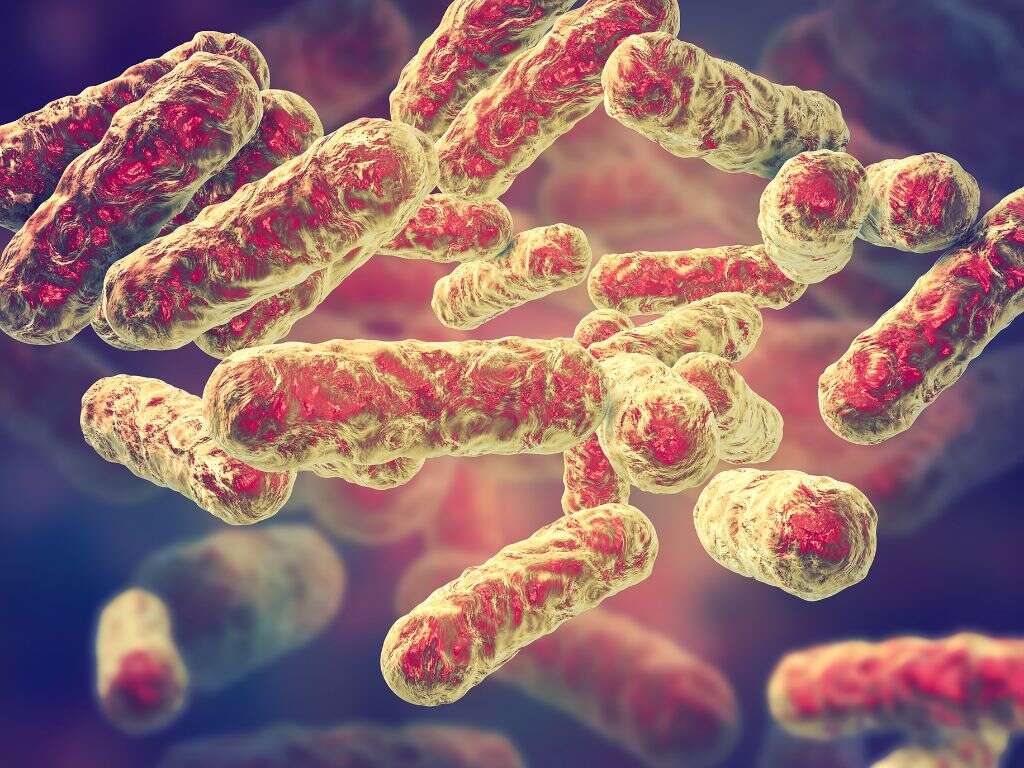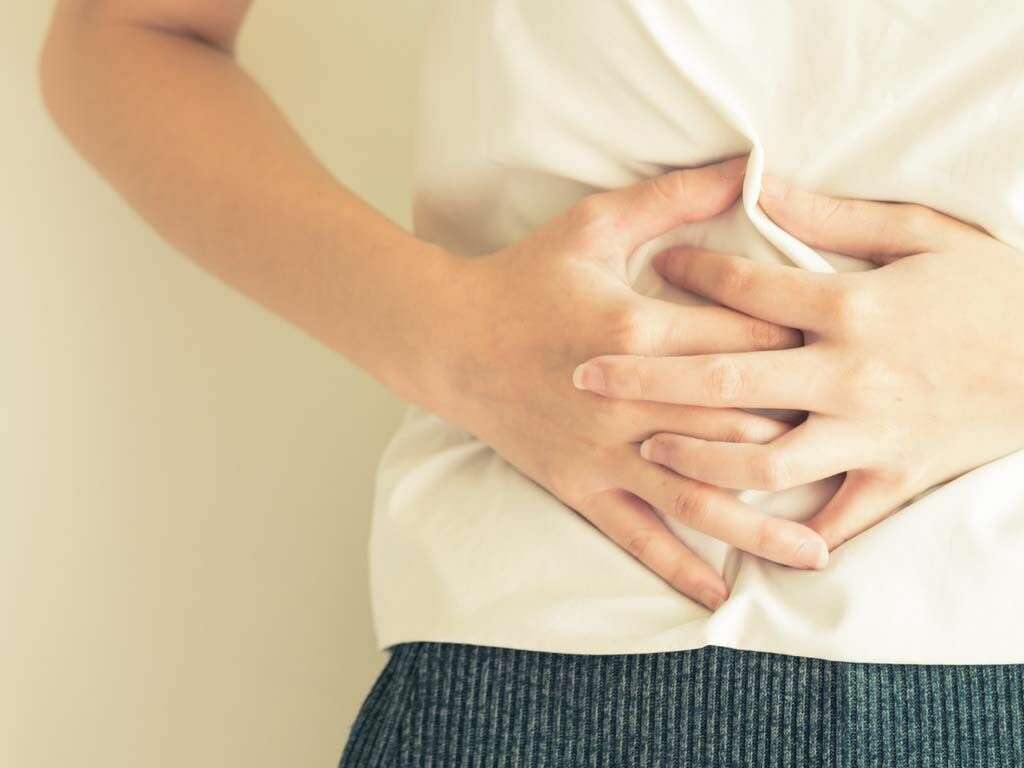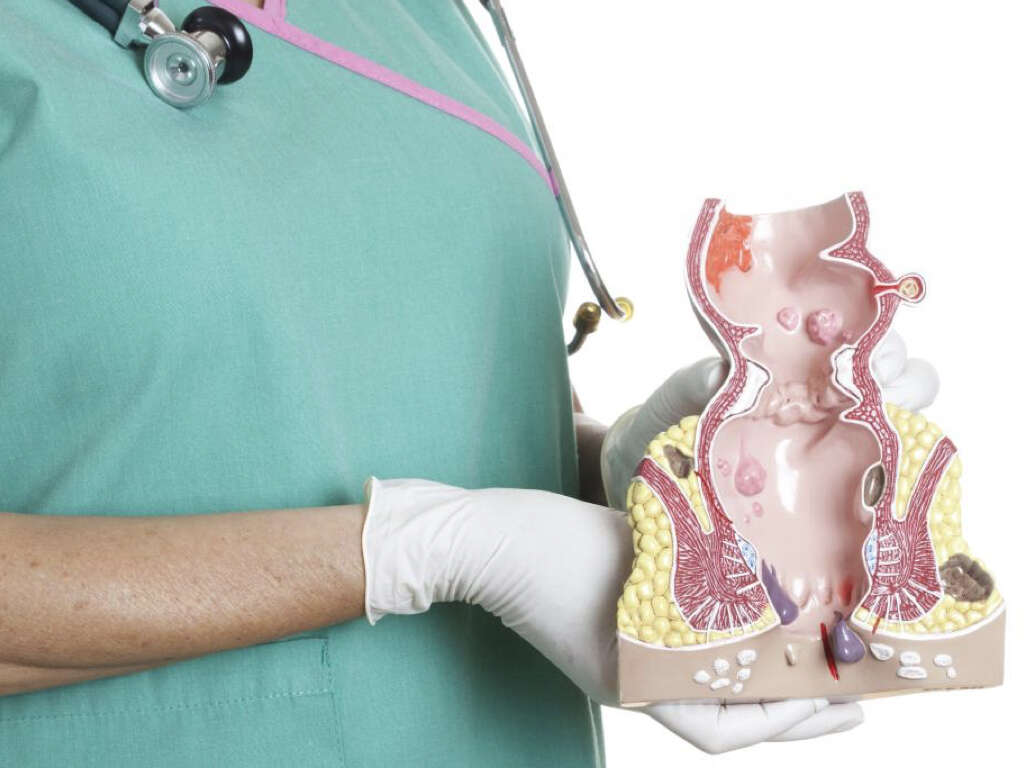10 Giardiasis Symptoms
 Article Sources
Article Sources
- 1. 'Giardia Infection (Giardiasis).' Mayo Clinic, Mayo Foundation for Medical Education and Research, 17 Nov. 2020, www.mayoclinic.org/diseases-conditions/giardia-infection/symptoms-causes/syc-20372786
- 2. 'General Information.' Centers for Disease Control and Prevention, Centers for Disease Control and Prevention, 26 Feb. 2021, www.cdc.gov/parasites/giardia/general-info.html
- 3. Mørch, Kristine et al. 'Chronic fatigue syndrome 5 years after giardiasis: differential diagnoses, characteristics and natural course.' BMC gastroenterology vol. 13 28. 12 Feb. 2013, doi:10.1186/1471-230X-13-28
- 4. 'Giardiasis (for Parents) - Nemours KidsHealth.' Edited by Joanne Murren-Boezem, KidsHealth, The Nemours Foundation, July 2018, kidshealth.org/en/parents/giardiasis.html
- 5. 'Giardiasis (Beaver Fever) Fact Sheet.' Department of Health, New York State, Sept. 2016, www.health.ny.gov/diseases/communicable/giardiasis/fact/sheet.htm
- 6. Nenoff, P et al. 'Giardia lamblia--Ursache von Urtikaria und Pruritus oder zufällige Assoziation?' /[Giardia lamblia--cause of urticaria and pruritus or accidental association?/]. Der Hautarzt; Zeitschrift fur Dermatologie, Venerologie, und verwandte Gebiete vol. 57,6 (2006): 518-20, 521-2. doi:10.1007/s00105-005-0959-9
- 7. PAINTER, J. E., et al. 'Association between Giardia and Arthritis or Joint Pain in a Large Health Insurance Cohort: Could It Be Reactive Arthritis?' Epidemiology and Infection, vol. 145, no. 3, 2017, pp. 471–477, doi:10.1017/S0950268816002120
- 8. 'Giardia and Pets.' Centers for Disease Control and Prevention, Centers for Disease Control and Prevention, 26 Feb. 2021, www.cdc.gov/parasites/giardia/prevention-control-pets.html
Giardiasis is a condition caused by a microscopic parasite called Giardia lamblia. Giardiasis lives in the intestines of the person or animal infected and is spread through contact with the stool. People become infected by eating or drinking food or water (contaminated by feces), even if it's only trace amounts.
Domesticated dogs and cats also frequently contract giardia. Water sources that contain this parasite include streams and rivers, but the parasite can also be found in swimming pools, wells and spas. While giardia usually clears up on its own within a few weeks, it can prove dangerous if left untreated.1‘Giardia Infection (Giardiasis).’ Mayo Clinic, Mayo Foundation for Medical Education and Research, 17 Nov. 2020, www.mayoclinic.org/diseases-conditions/giardia-infection/symptoms-causes/syc-20372786
Diarrhea
One of the most prevalent symptoms of giardiasis is diarrhea with loose, greasy stools that commonly float. This symptom is usually the first to show up with a giardia infection and can occur two to five times a day once it starts. This can last for the duration of the illness, which can be two to six weeks without treatment.
Diarrhea can be dangerous due to risk of dehydration, so those with diarrhea should drink plenty of fluids to compensate for the fluids lost. Severe diarrhea can also lead to other symptoms, including weight loss.2‘General Information.’ Centers for Disease Control and Prevention, Centers for Disease Control and Prevention, 26 Feb. 2021, www.cdc.gov/parasites/giardia/general-info.html
Fatigue
Fatigue is another symptom that is commonly seen in people with giardiasis. It usually sets in a few days after contracting the parasite and can last for the duration of the illness and for some time after.
According to one study conducted in 2004, 41.5 percent of people who had been infected with giardia had chronic fatigue syndrome, or CFS, for up to five years after contracting the parasite, showcasing the potential for long-lasting effects from the infection.3Mørch, Kristine et al. ‘Chronic fatigue syndrome 5 years after giardiasis: differential diagnoses, characteristics and natural course.’ BMC gastroenterology vol. 13 28. 12 Feb. 2013, doi:10.1186/1471-230X-13-28

Stomach Cramps, Gas and Bloating
Stomach cramps, gas and bloating have all been reported as symptoms of those suffering from giardiasis. These symptoms can sometimes last for the entirety of the illness but can possibly go away through the usage of home remedies and medical treatment.
With medical treatment, symptoms may go away within five to seven days of being noticed. Gas may be expelled through flatulence or belching, which may ease discomfort from the infection. Over-the-counter medications to ease gas and cramps may also help.4‘Giardiasis (for Parents) - Nemours KidsHealth.’ Edited by Joanne Murren-Boezem, KidsHealth, The Nemours Foundation, July 2018, kidshealth.org/en/parents/giardiasis.html
Fever
Another symptom sometimes seen with giardiasis is a low-grade fever, though this is an unusual occurrence. Any level of fever will usually pass once treatment has been administered.
The most commonly prescribed treatment for giardiasis is antibiotics, such as tinidazole, nitazoxanide or metronidazole. However, if people infected with giardiasis want to solely manage their fever to ease their discomfort, they can safely use over-the-counter medications, including aspirin, ibuprofen and acetaminophen.5‘Giardiasis (Beaver Fever) Fact Sheet.’ Department of Health, New York State, Sept. 2016, www.health.ny.gov/diseases/communicable/giardiasis/fact/sheet.htm
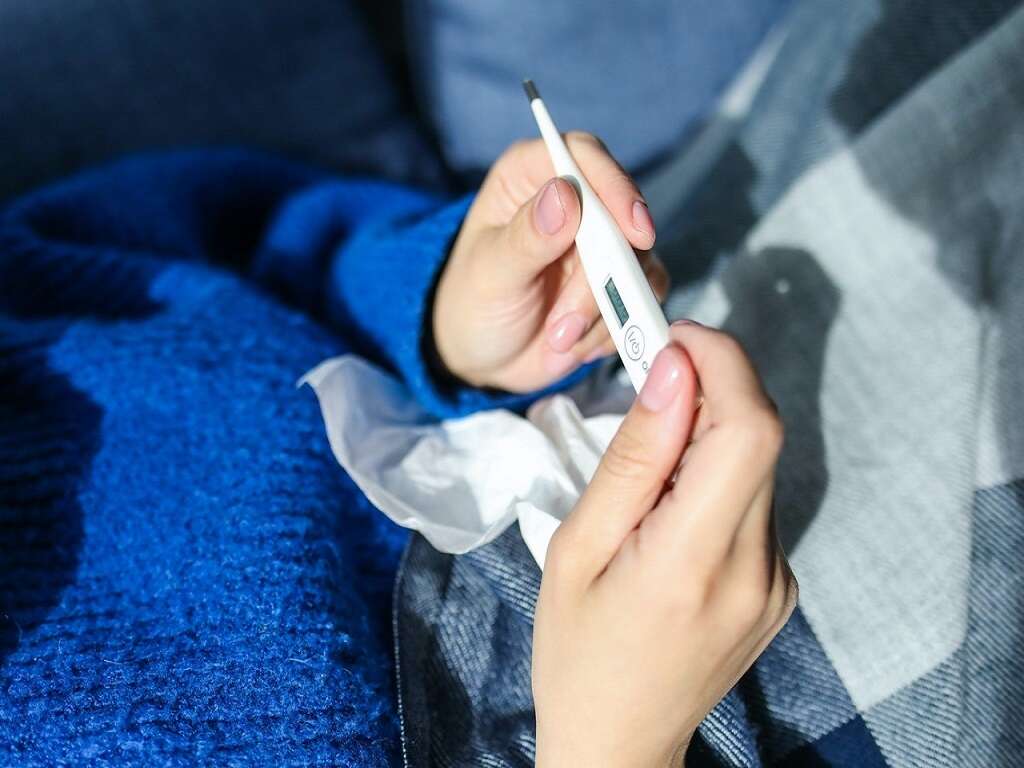
Itchy Skin and Hives
Itchy skin with redness and hives can also sometimes manifest in cases of giardiasis. This will sometimes happen alongside other symptoms such as fever and nausea. However, this is a much rarer occurrence, as giardiasis rarely affects the skin.
Theories behind why giardiasis can cause skin-related issues include the possibility of such symptoms occurring due to an infection-caused allergic reaction. Other skin-related issues that giardiasis can cause include anal eczema, mouth ulcers, swollen skin and mucous membranes, and general eczema.6Nenoff, P et al. ‘Giardia lamblia–Ursache von Urtikaria und Pruritus oder zufällige Assoziation?’ /[Giardia lamblia–cause of urticaria and pruritus or accidental association?/]. Der Hautarzt; Zeitschrift fur Dermatologie, Venerologie, und verwandte Gebiete vol. 57,6 (2006): 518-20, 521-2. doi:10.1007/s00105-005-0959-9
Swelling Of the Joints
Although typically thought of as an abdominal or intestinal infection, giardiasis can cause issues in other areas of the body, according to recent studies. One study showed that giardiasis might contribute to the development of several kinds of arthritis.
The study showed a 51 percent increase in claims of joint pain and arthritis among its participants and found that the distribution of claims was significant across both sexes and all age groups.7PAINTER, J. E., et al. ‘Association between Giardia and Arthritis or Joint Pain in a Large Health Insurance Cohort: Could It Be Reactive Arthritis?’ Epidemiology and Infection, vol. 145, no. 3, 2017, pp. 471–477, doi:10.1017/S0950268816002120
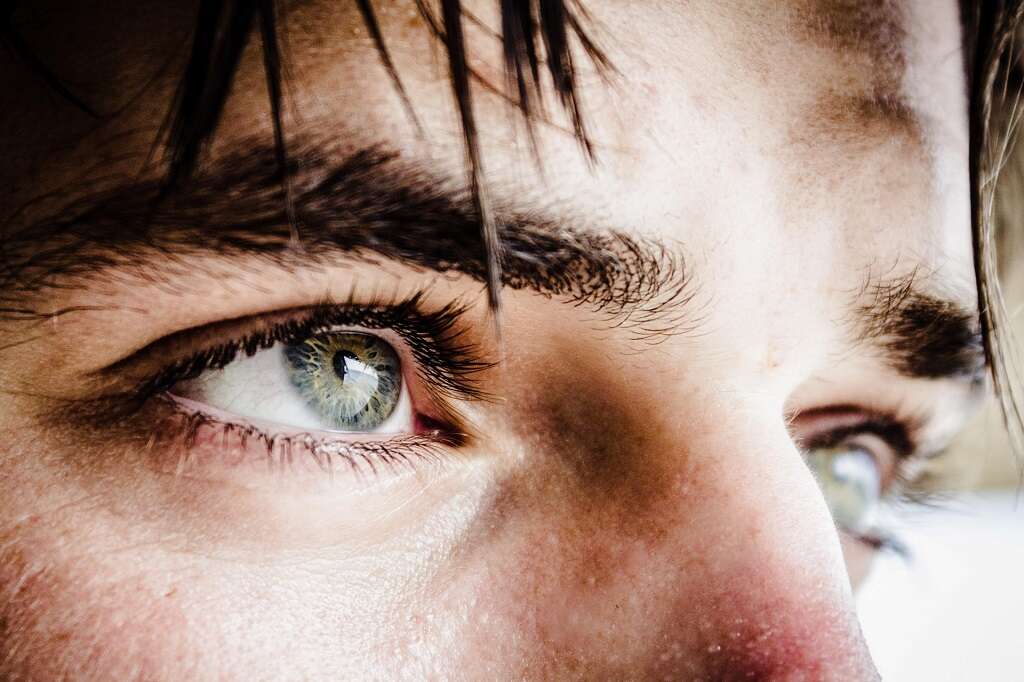
Weight Loss
Weight loss can be a symptom of giardiasis due to the likelihood of chronic diarrhea, which causes people with the infection to eliminate waste faster than usual. Other symptoms like nausea, stomach cramps, bloating and gas can all contribute to a person eating less than normal while infected.
Weight loss is usually not a permanent symptom of the condition, as the symptoms instigating it are commonly resolved once medical treatment has been administered.2‘General Information.’ Centers for Disease Control and Prevention, Centers for Disease Control and Prevention, 26 Feb. 2021, www.cdc.gov/parasites/giardia/general-info.html
Symptoms in Pets
Pets are at risk of developing giardiasis since it spreads through unsanitary water and infected feces. Pets may roll around or eat feces containing the parasite or ingest feces they've come in contact with while grooming themselves. While they may be asymptomatic in some cases, they can still transmit the infection to people.
Symptoms in pets are similar to symptoms that appear in humans and can include nausea, vomiting, diarrhea and abdominal discomfort.8‘Giardia and Pets.’ Centers for Disease Control and Prevention, Centers for Disease Control and Prevention, 26 Feb. 2021, www.cdc.gov/parasites/giardia/prevention-control-pets.html

Possible Complications
Several complications can occur with giardia infection. One complication is dehydration, which can happen due to diarrhea and a lack of fluid intake. Dehydration is treatable, but without treatment, it can be dangerous for both pets and humans. Pets may even need an IV drip to replenish their fluids.
An interesting complication of giardiasis is lactose intolerance, which can last for a long time after the infection has cleared.1‘Giardia Infection (Giardiasis).’ Mayo Clinic, Mayo Foundation for Medical Education and Research, 17 Nov. 2020, www.mayoclinic.org/diseases-conditions/giardia-infection/symptoms-causes/syc-20372786
Prevention Methods
Controlling the transmission of giardiasis is relatively simple, but it can be difficult to prevent entirely. Washing one's hands after coming into contact with feces and not touching the mouth is the safest way of avoiding giardiasis. Giardia germs can be transferred from people, animals and hard surfaces, such as door knobs, childcare settings, areas with poor sanitation and sexual contact.
Since giardia parasites may live in unsanitary water conditions, avoid ingesting unfamiliar water unless it's treated with iodine or boiled.1‘Giardia Infection (Giardiasis).’ Mayo Clinic, Mayo Foundation for Medical Education and Research, 17 Nov. 2020, www.mayoclinic.org/diseases-conditions/giardia-infection/symptoms-causes/syc-20372786


